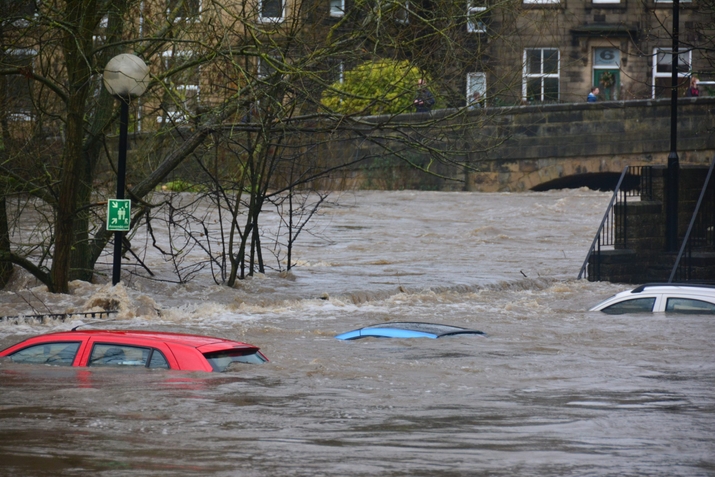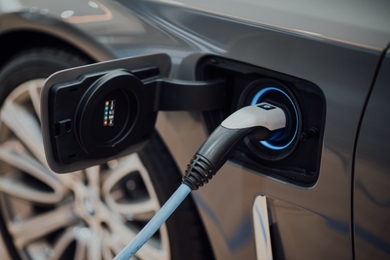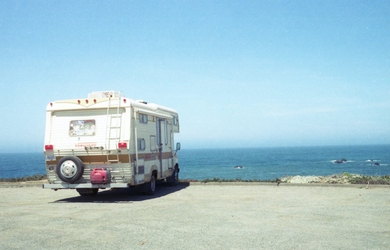What is Comprehensive Car Insurance & What Does it Cover? | Gabi

You’re not required to purchase comprehensive car insurance in any state, but it may still be a smart move. What is comprehensive car insurance? It covers damages to your car caused by anything other than hitting another car, such as flooding, fire, hail, falling objects or riots, and pays for the value of your car if it’s stolen. Seventy-eight percent of insured drivers purchase comprehensive insurance, according to the Insurance Information Institute.
What does comprehensive insurance cover? Imagine you’re driving down a dark road and a deer leaps into the roadway, striking your car. Repairing the damage could be very expensive—but if you have comprehensive insurance, the damages are covered.
When to Buy Comprehensive Insurance
Even though you aren’t legally required to purchase comprehensive coverage, doing so may be a requirement of your loan or lease. If you borrowed money to purchase your vehicle, your lender will probably require you to purchase comprehensive insurance (along with collision insurance, which is similar but covers different things). Also, if you lease your car, your lease agreement probably requires you to purchase full coverage.
But even if you don’t have a financial agreement that requires you to purchase comprehensive insurance, you may still need it. If you couldn’t afford to repair or replace your car if it was stolen or damaged, it’s a good idea to pay for comprehensive coverage. Or if you live in an area that is prone to car theft, vandalism, severe weather or collisions with animals, and you don’t want to be on the hook for paying for your own car repairs or buying a new car, comprehensive insurance will cover the damages.
For instance, if your area experiences hailstorms every couple of years and you don’t have a garage or covered area to park your car, you may be repairing hail damage every few years. In that case, comprehensive coverage is probably worth the investment.
However, if your car is older and not worth much money, comprehensive coverage may not be valuable for you. If you have a claim, the maximum amount the insurance company would pay is the current value of your car—so if your car’s value is not much more than the cost of the comprehensive coverage, skip it.
How to Determine the Right Deductible
The investment you make in comprehensive insurance should depend on your personal financial situation. The deductible, or the part of a claim that you pay out of pocket, for comprehensive insurance is often between $250 and $500. However, if you increase your deductible up to $1,000, your premiums (regular payments for insurance coverage) will decrease.
If you want to save money on a monthly basis, you might want to consider raising your deductible. But if you do so, make sure you have the deductible amount set aside in a savings account or other liquid asset. That way, if you need to file a claim, you’ll be prepared to pay your portion to get your vehicle back in working order right away.









